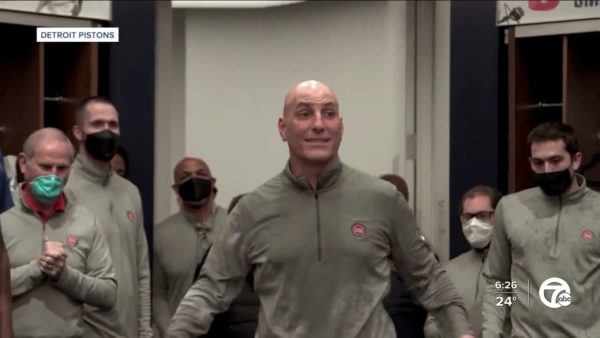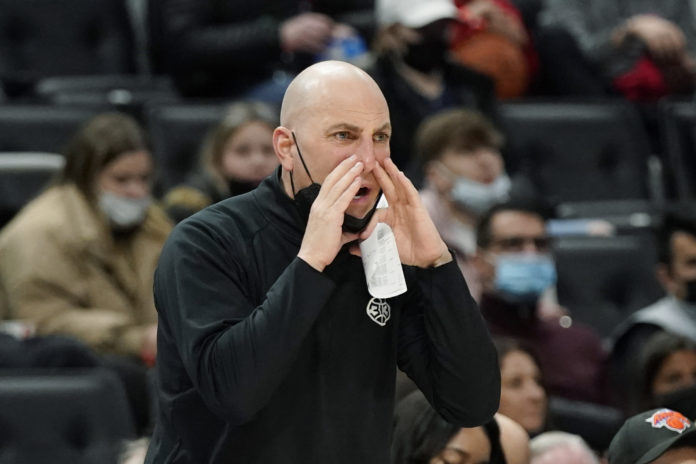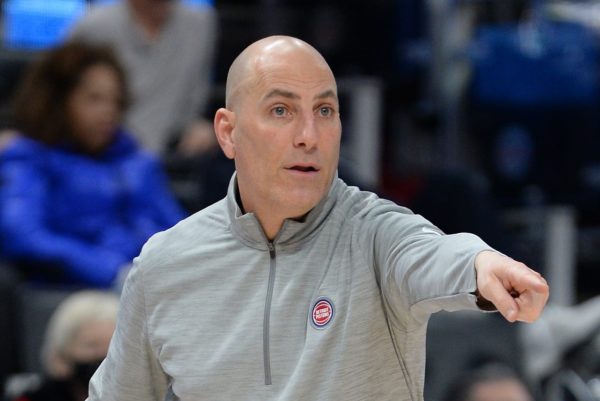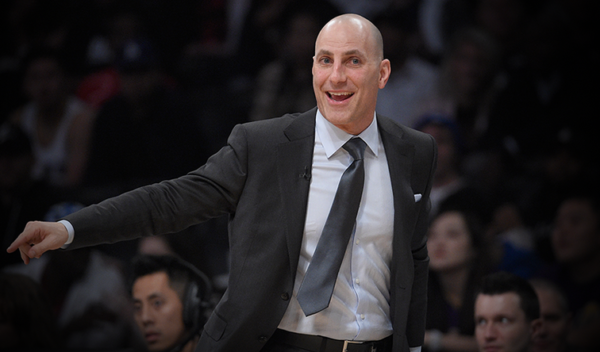DETROIT — Rex Kalamian, the assistant coach of the Detroit Pistons, has been in the news lately.
The Los Angeles native has been an assistant coach in the National Basketball Association (NBA) for 28 years, but won his first game as an acting head coach with the Detroit Pistons on January 10 while head coach Dwane Casey was absent due to COVID protocols (he ended up testing negative). The win against the Utah Jazz was a career landmark for Kalamian, the first time he could say he took home a professional game ball. In fact, he was only the second Armenian-American in history to do so, following legendary college basketball coach Jerry Tarkanian’s short pro stint with the San Antonio Spurs in the early 1990s.
Detroit’s ABC affiliate, WXYZ-Channel 7 shared a video inside the locker room after the game; in a show of celebration, the team showered Kalamian with water as he entered to discuss the win. The visibly flattered coach immediately shifted to praising the players, who had been having a less than stellar season, saying “we should be throwing water on you guys.”
As if that weren’t enough for Armenian-American sports fans and in particular Detroit area residents of Armenian descent, just a week later, ESPN’s Adrian Wojnarowski tweeted that Kalamian had agreed to be head coach of the Armenian National Men’s Basketball team, competing in the International Basketball Federation (FIBA) European Championship for Small Countries, which will take place in Malta from June 28 to July 3 this year.
It was a surprise to basketball fans, but less so to insiders who know the coach well; Kalamian has been in talks with the Armenian Basketball Federation for a few years now, but scheduling issues and the like have prevented the coach from joining Team Armenia.
With so much buzz in air, Kalamian agreed to sit down for an exclusive interview during which he shared his thoughts on his career and the opportunity to coach for his ancestral homeland.











